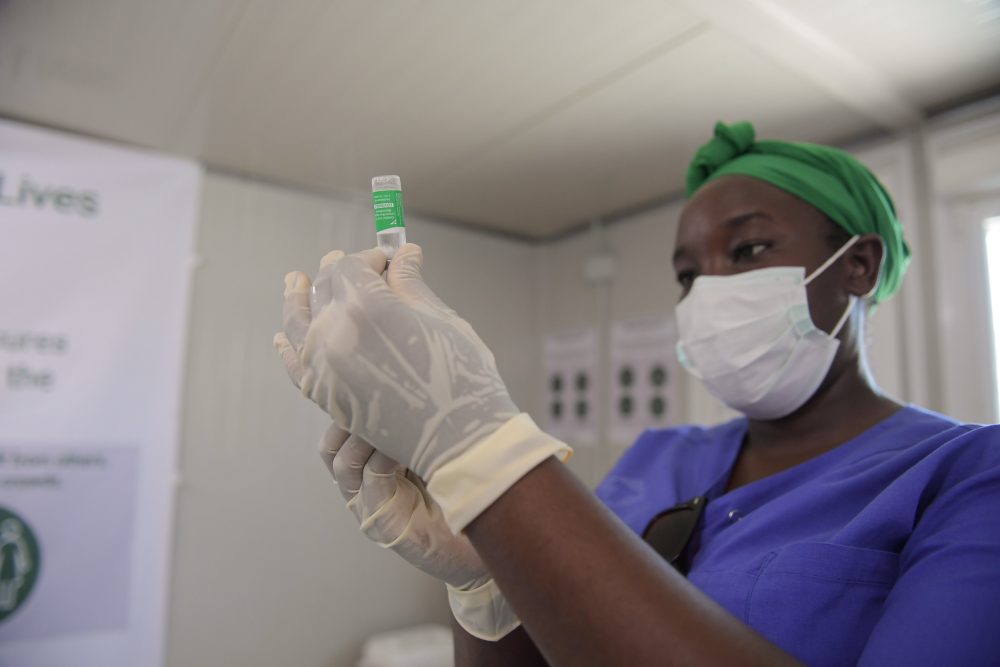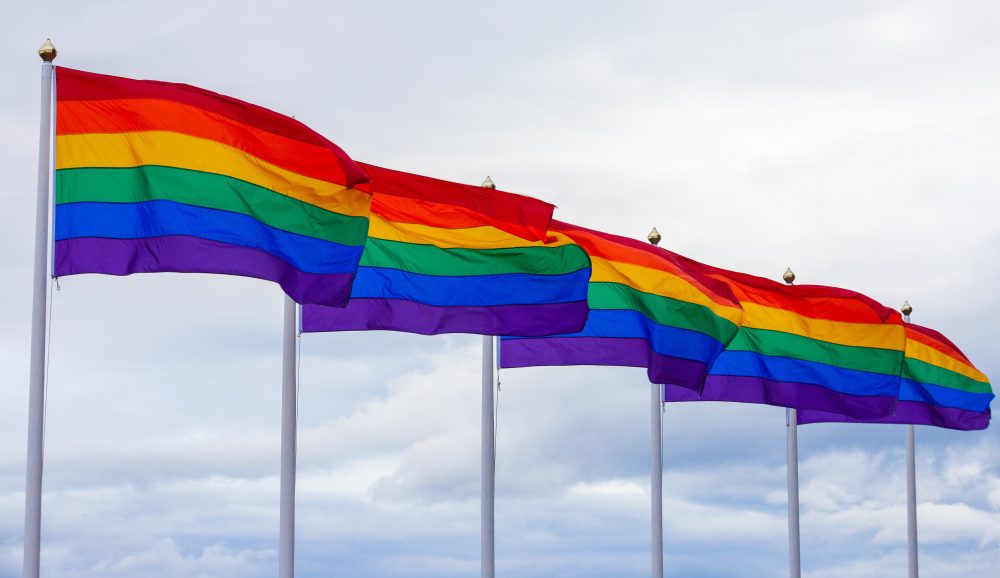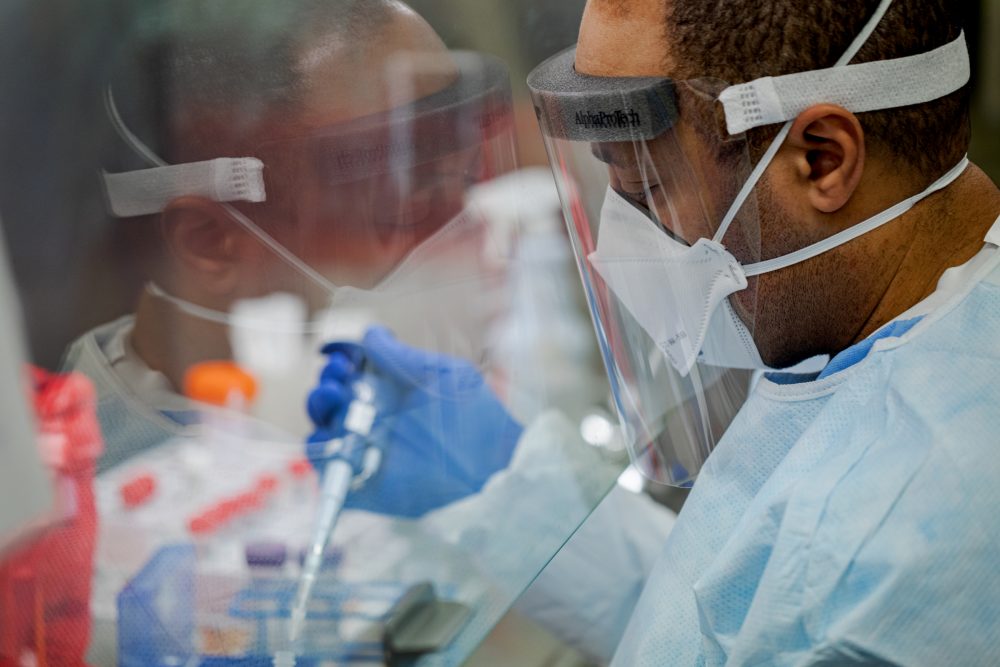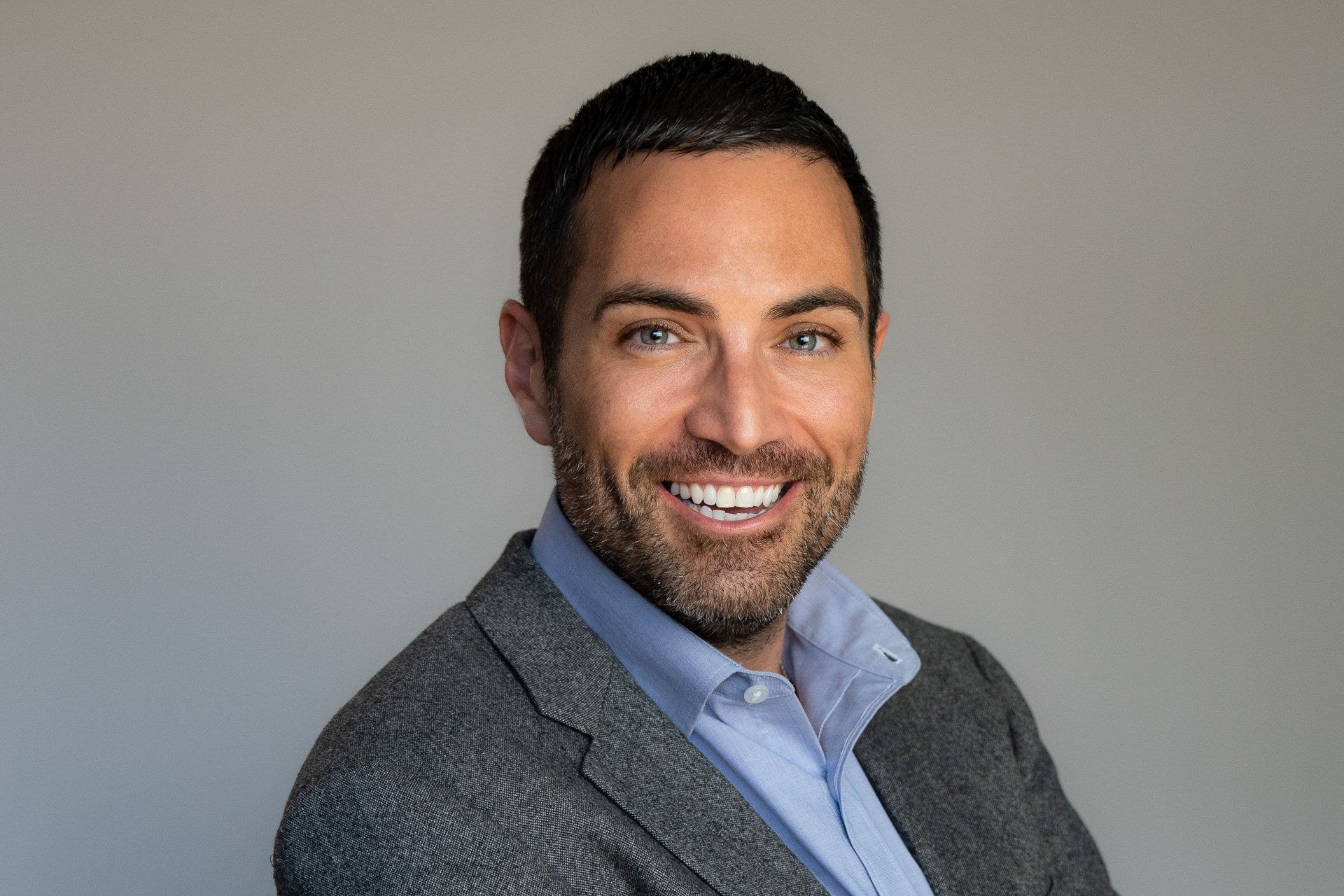Announcing $2.6 million in round 11 international COVID-19 grants
The 11th round of international grants from the CDP COVID-19 Response Fund is focused on addressing information gaps on infection prevention and control, providing accurate information about vaccines and combatting vaccine hesitancy. The geographical focus is Africa and Latin America, with one grant made to Indonesia, which was one of the world’s “hot-spots” when drafting […]

The 11th round of international grants from the CDP COVID-19 Response Fund is focused on addressing information gaps on infection prevention and control, providing accurate information about vaccines and combatting vaccine hesitancy. The geographical focus is Africa and Latin America, with one grant made to Indonesia, which was one of the world’s “hot-spots” when drafting our needs assessment. Given the ever-evolving nature of the virus, the pandemic and its impacts, we also decided to invest in new technologies and approaches, in addition to traditional program response modalities.
As always, we want to amplify the voices of marginalized populations to support access to resources needed for protection, mitigation and recovery – so a significant focus of this grant round is on targeting historically marginalized and last-mile populations.
Here are the latest eight international awards we made from our COVID-19 Response Fund, totaling $2.6 million.
- Catholic Relief Services (CRS) – $500,000 to increase the demand for COVID-19 vaccines by combatting vaccine hesitancy and misinformation, and to increase access to vaccines through existing health system efforts in Liberia and Nigeria to help bring an end to the pandemic and related negative social and economic impacts. In both countries and across much of western and central Africa, government and community preparation for the COVID-19 vaccine rollout is not adequate for successful vaccine uptake and deployment. Also, community and public perceptions about COVID-19 and vaccine confidence are poor. CRS will target the general population with an emphasis on communications campaigns reaching vulnerable people, particularly people more than 18 years old and including people with chronic illnesses and those most vulnerable to high burden diseases (including malaria), diarrheal illnesses and respiratory infections, and people living with HIV and AIDS. The estimated reach is 2.1 million people.
- Internews – $450,000 for strengthening Indigenous, Afro-descendant and last-mile health networks, and building trust around COVID-19 vaccines to contribute to ensuring better information, equitable access and greater uptake through establishing healthier information ecosystems in Bolivia, Colombia and Peru. Internews aims to serve some of the most remote populations in these countries such as Afro-indigenous populations living in a “black-zone” of information and near-extinct indigenous populations who could be devastated by COVID-19. It will use various media to reach these communities based on their detailed needs assessments and landscape analysis. They act as a connecting agent within the health information ecosystem and train their networks (including journalists and broadcasters) on how to identify, develop, create, target and distribute pandemic-related and other health messaging. Internews aims to leave sustained capacity for stakeholders to keep abreast of ever-changing needs and keep populations updated with relevant information.
- King Baudouin Foundation United States (KBFUS) and VIAMO – $250,000 to increase public access to information and to improve health worker knowledge, leading to improved population health outcomes in Mozambique. Mozambique’s government community health workers will also be trained to provide resources directly to the general population. Interventions will utilize accessible digital strategies that work on basic mobile phones, an effective, scalable and lower-cost approach that also reaches rural, illiterate and last-mile populations. The potential reach of this project, 9.3 million people, is exciting. It tackles two key issues: 1.) Health worker knowledge gaps in dealing with mental health, gender-based violence and vaccine hesitancy; and 2.) Community capacity and awareness of approaches and responses to dealing with these issues. Because the project uses simple phone technology, it has the potential to reach those who are not connected to the internet, those without access to smartphones and those in rural areas or illiterate (populations often left out of government mass training and awareness campaign initiatives).
- Lutheran World Relief (LWR) (part of CORUS) – $250,000 for reducing vaccine hesitancy through a twofold communications campaign that will provide critical, lifesaving COVID-19 and vaccine information to 75,000 individuals in Peru and elsewhere in Latin America, including refugees, rural and indigenous communities. These populations include 40,000 users of LWR’s existing digital platforms VenInformado and Cacao Móvil, and 35,000 members of rural Peruvian communities that take part in LWR’s current rural development projects. by combatting misinformation, myths and fear surrounding COVID-19 among vulnerable populations in Peru and elsewhere in Latin America. This project will leverage their existing networks/platforms and build upon them, meaning an increased likelihood of impact/uptake given the use of trusted networks and platforms.
- Plan Cameroon – $250,000 for ensuring that 60,000 hard-to-reach populations (including refugees, internally displaced people (IDPs), indigenous, children and youth, especially girls) in Cameroon have access to information sharing/dissemination and sensitization on COVID-19 protective measures and vaccines. It will also ensure safe and sanitary public spaces, such as health facilities and schools, and mobilize communities to get tested and treated for COVID-19. Cameroon was chosen because it is home to an exponential increase in COVID-19 cases, especially with the emergence of the Delta variant. The grant supports the Ministry of Health’s COVID-19 strategy and other actions and systems already in place in target communities in the Far North and South-West Regions. Access to these regions is limited, and they are experiencing severe humanitarian crises. The COVID-19 outbreak has come amid rising insecurity as the country faces threats from conflict, flooding, targeted attacks, destruction of property, low household living standards and poverty. Information about COVID-19, risks, prevention, etc., is low in many of the most affected areas due to cultural reasons, insecurity, lack of resources and lack of availability of information in local languages, and misinformation about vaccines is high.
- Resolve to Save Lives (RTSL)/Vital Strategies – $400,000 to support risk communications and community engagement to facilitate efficient vaccination service delivery as vaccines become more widespread across the African region in Q4 2021. This project will support rapid deployment of operational costs for microplanning, response, training, communications and coordination directly at the country level in eight high-priority countries facing outbreaks or surges in COVID-19 cases, spikes in vaccine hesitancy and misinformation. It will also support countries receiving and needing immediate microplanning for distribution of new vaccine doses received. With potential impact at national levels reaching 100 million people (because it reduces the likelihood of rapid spread of infection and surges), the project represents excellent value for the money and fills a critical gap in the global/pan-African response system/mechanism. This grant builds on the successful and impactful use of another CDP grant with Vital Strategies and deals with the very fast-moving, rapidly-changing context across Africa.
- Save the Children – Kenya – $250,000 for building on the behavioral science-informed research done in phase 1 of Save the Children’s Vax-UP project and implementing it in Kenya. An early pioneer in the industry for using behavioral science to inform behavior change programs. Save the Children’s research identified some of the main demand-side (behavioral) barriers for vaccine uptake in Kenya, including lack of trust in the supplier of the vaccine and the manufacturing process, with certain groups thinking that the vaccine is fake or ineffective and that the vaccine is still in trials; fear of side effects of the vaccine, primarily due to rumors and misinformation; certain groups (especially some young people) thinking that they are not at risk and don’t need the vaccine; uncertainty about where and how to get the vaccine due to fragmented communication. The potential impact of the grant goes beyond the 45,000 people it is directly serving, many in vulnerable categories. Results and findings are intended to affect policy and practice in the Ministry of Health in Kenya, thereby having an impact on a national scale. Learnings can also be shared globally as a case study.
- Save the Children – Indonesia – $250,000 to change people’s perceptions and increase COVID-19 vaccination uptake among adults and eligible children in Indonesia. By applying lessons from behavioral science to reduce vaccine hesitancy and overcome barriers to uptake, the project will reduce the impact of the pandemic, save lives and livelihoods, and help children survive, learn and develop. Save the Children will also work closely with the Ministries of Education and Health, and the National Disaster Management Agency as key partners in the intervention. It uses various mass communication technologies (Whatsapp, Facebook, interactive voice response and others) to target more than 70% of Indonesians with smartphones, the illiterate and those not connected to the internet. Since Indonesia is the fourth most populous nation in the world and has high penetration of technology, this program has the potential to reach 35 million. Research and findings from this project will be disseminated within Indonesia and provided as a case study internationally. Indonesia is one of the first countries to authorize the use of a vaccine for children over 12, so in addition to the impact, this is some of the first research looking specifically at hesitancy, barriers, behavior and uptake among children.
Thank you to donors of our COVID-19 Response Fund for helping make these grants possible.
More like this

For equitable recovery from COVID-19, we can’t leave LGBTQ+ people behind

